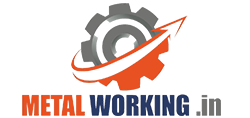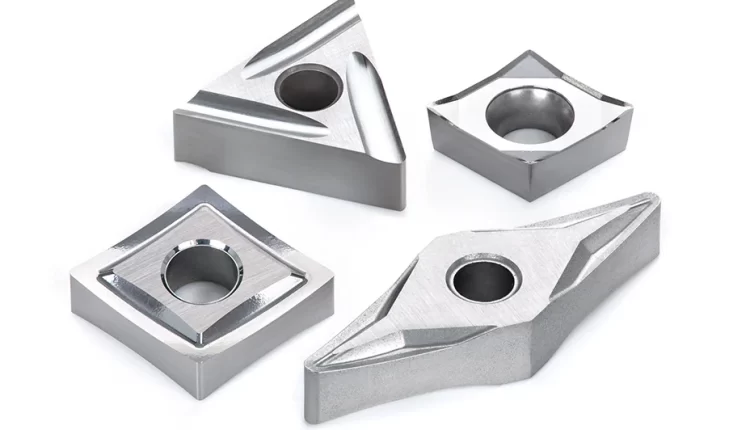Tungaloy: Negative Inserts Improve Productivity in Non-Ferrous Metal Machining
Tungaloy has enhanced its uncoated cemented carbide insert line for non-ferrous applications by adding 13 new inserts with the -28 chipbreaker.
The demand for lightweight non-ferrous metals is rising in today’s industries. Aluminum alloys are the most common weight reduction materials in the automotive and aerospace industries, which are so machinable that uncoated carbide inserts can generally provide extremely long tool life. Likewise, copper alloys are widely used for seals, gaskets, and o-rings in plumbing applications.
Conventional machining methods of non-ferrous metal parts employ positive turning inserts with a high positive rake and sharp cutting edges. These inserts, however, can only be used on one side, thus generating higher cost per edge and part.
Tungaloy tackles the issue by expanding the economical, double-sided negative insert line with the -28 chipbreaker. Featuring a pressed-in chipbreaker geometry with a large inclination angle on the sharp cutting edge, the -28 generates free cutting action with superior chip control. In addition, a negative insert design provides the cutting edge with strength and reliability when machining parts with heavy cutting conditions at varying D.O.C.
The inserts are available in KS05F grade. An uncoated cemented carbide grade with submicron grain, KS05F provides the insert with wear resistance. This allows the new negative inserts to ensure long and predictable tool life over a wide range of non-ferrous applications.
The expansion includes standard ISO turning inserts in economical Class M tolerance, as well as ground-to-size inserts for precision finishing, encompassing finish to medium cutting of non-ferrous metal parts.
This content was originally published on the Tungaloy website.

